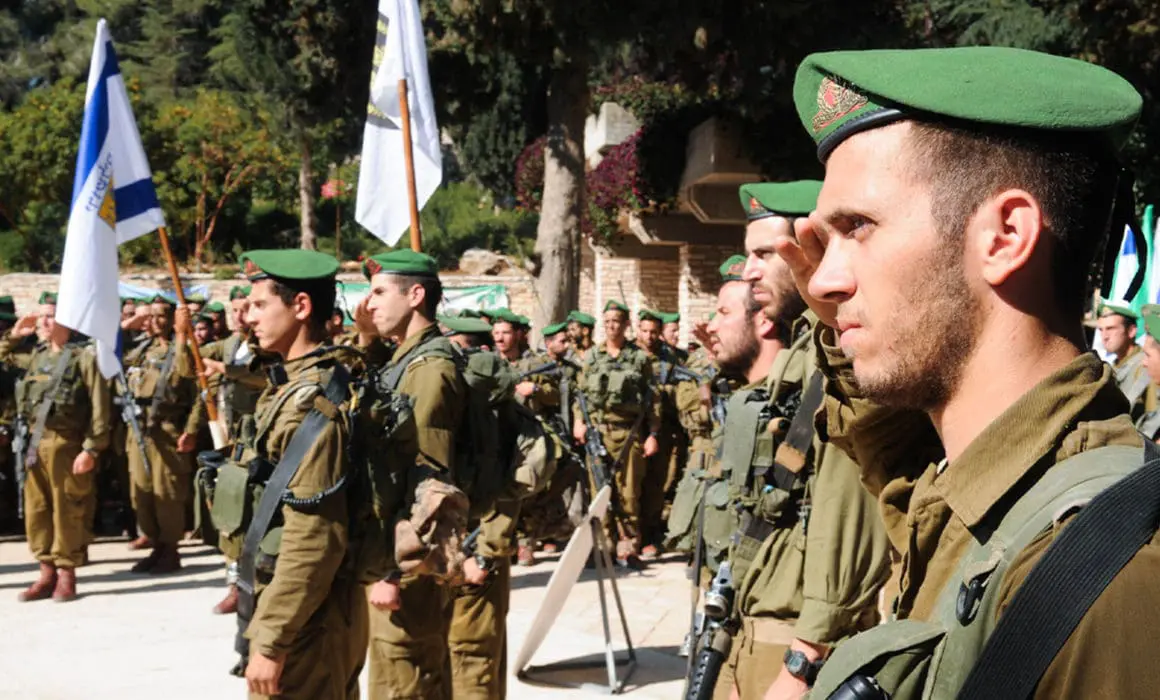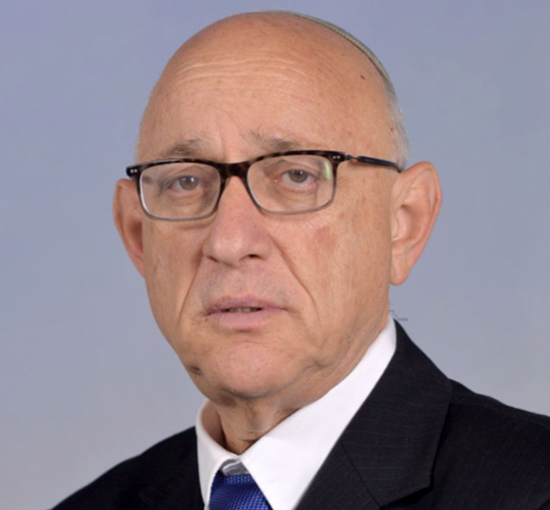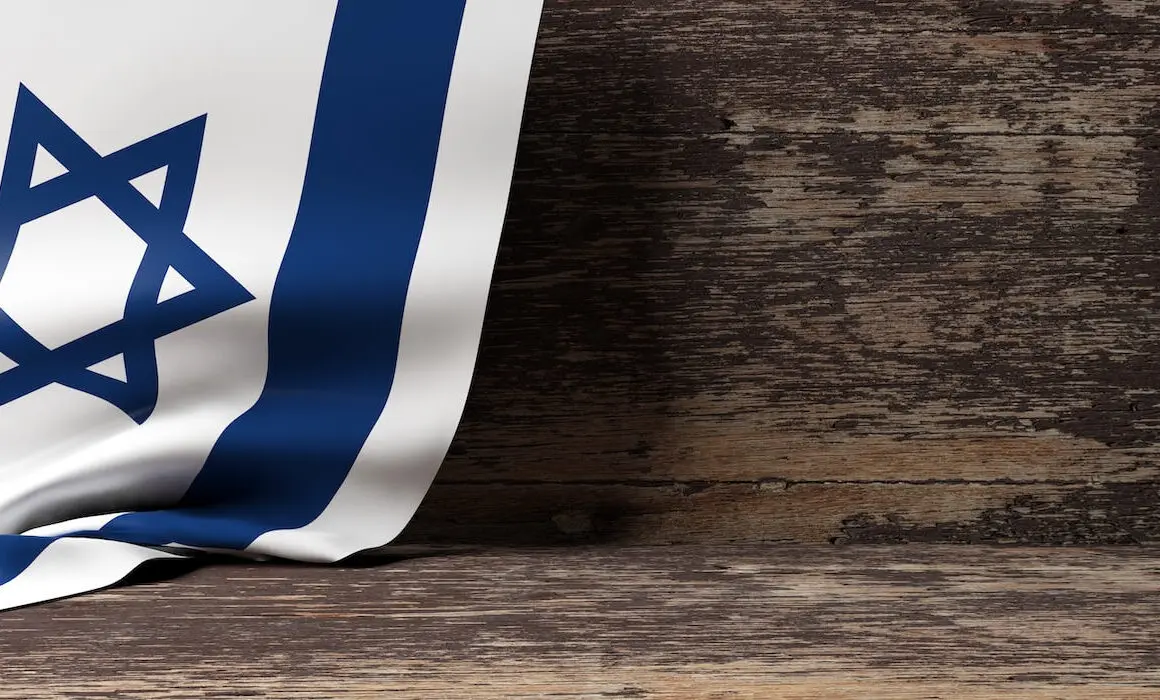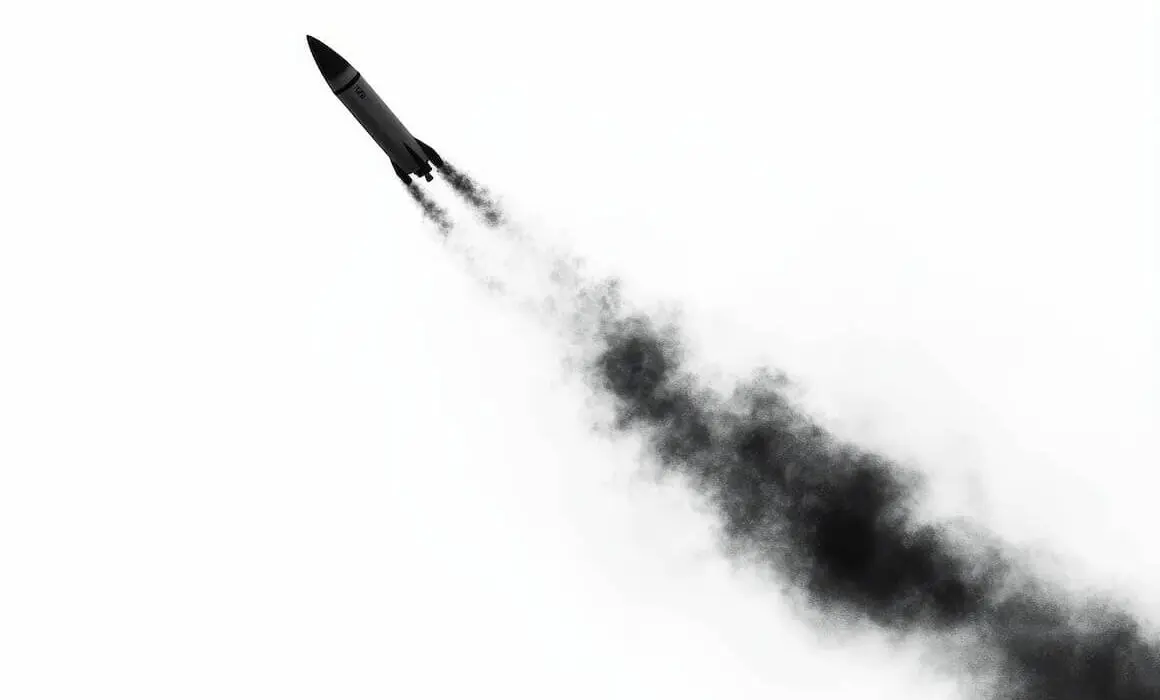Protecting Israel’s Soldiers on the Field

As a field service technician in the Israeli Air Force, Mor Hayat B.S. ’19 was responsible for preparing aircraft in the event of an attack. The planes had to be ready for action around the clock, recalls the recent Technion graduate. “The sirens could go off at four in the morning or nine at night. I needed to be alert all the time.” Except she had a problem. She’d find herself falling asleep while making her security rounds.
“I fell asleep on the wings, inside the motor, under the wheels. I can’t remember a place on the plane I wasn’t falling asleep,” she said. “It was scary and hard to function.”
Diagnosed with narcolepsy, Mor put her biology degree to the test. She submitted a proposal to a student competition held by the Technion Center for Security Science and Technology (CSST). Her idea was to create a device that would detect when a soldier was about to fall asleep, winning her third place in the competition. The first-place prize was awarded to electrical engineering student Elinor Ginzburg B.S. ’21 for technology based on programmed bacteria to treat wounded soldiers at the scene. Second place went to students Moshe Kimhi B.S.’20 and Ido Galil B.S. ’20, M.S. ’22 for their chip to prevent soldiers from being kidnapped.
The annual Student Competition for Security Developments, one of many CSST activities, was open to students in all faculties and aimed at encouraging creative ideas in the field of security and counterterrorism. But in a country where most students serve in the military, the top prizes all centered on keeping Israel’s soldiers safe.
“Protecting the soldiers in the field is, in my view, the strongest mission in the field of security and counterterrorism,” said Brigadier General (Res.) Professor Jacob Nagel, current head of the CSST and the Technion’s Peter Munk Research Institute, and former national security advisor to Prime Minister Benjamin Netanyahu.
The CSST is an interdisciplinary center that supports breakthrough research for both the defense and civilian markets. With Prof. Nagel at the helm, the center is well connected to leading research bodies in academia and government alike. The students were recognized for their innovative proposals at the CSST’s 16th annual conference at the Technion in late 2019. The event was attended by top scientists and executives from both the Ministry of Defense and Israel’s leading defense company, Rafael, as well as Prof. Nagel, Technion President Uri Sivan, and other key Technion faculty. The winners received the opportunity to be mentored by Technion alumni working in the tech industry, in addition to a small financial award.
“I never thought I’d see my name announced with the winners,” said Elinor, delighted to take first prize. Her winning proposal was for a “biological dressing” that halts a soldier’s internal bleeding and provides protection until he or she arrives at the hospital. The cutting-edge technology would be an injection containing programmed bacteria, which upon entering the bloodstream could detect the source of the internal bleeding and initiate a rapid coagulation process. The synthetically engineered bacteria will measure vital signs to hopefully eliminate or reduce the need for some of the routine initial tests conducted at the hospital.
It came as no surprise to Elinor that women comprised two of the three top-winning teams. “It’s very common, at least in my world,” she said. “I’ve met so many powerful and impressive women scientists, so I feel like the best proposal wins.”
Though Elinor is a third-year student in electrical engineering, she was able to bridge the disciplines, thanks to the Technion’s approach to problem-solving.
The Technion not only gives me the tools to be an electrical engineer but helps me think creatively,” she said. “Often we are asked to solve problems that are not necessarily related to the course, but we can answer them using knowledge from a range of subjects.
Moshe and Ido, who are from electrical engineering and computer science, respectively, also dove into somewhat unchartered territory with a biomedical engineering proposal. The two took second prize for a proposed chip that would report a soldier’s position and medical condition during operational activities, mainly for the purpose of preventing kidnappings. The small chip would contain sensors and be implanted under the skin, drawing some of its required energy from the body’s heat.
“In my faculty, there are many options to take courses from biomedical engineering,” said Moshe. “In addition, the T-hub innovation center encourages people from different faculties to collaborate. Interdisciplinary collaboration and problem solving are very much a part of the culture encouraged at the Technion.”
Mor was still a biology student when she entered the CSST security competition in May 2019. She wasted no time getting to work on AWAKA, a noninvasive system to monitor wakefulness. It would work by using electroencephalogram (EEG) technology that scans the brain waves to detect when the soldier is about to fall asleep. The system would then use transcranial magnetic stimulation (TMS) technology to deliver a tiny electrical signal to the area of the brain that controls the sleep cycle, stimulating physiological alertness.
Commercial development of student ideas generally depends on the student’s determination and ability to spend time on the project. One of last year’s winners, for example, approached Prof. Nagel for help and is currently working with an Israeli company on his innovation. It seems that Mor won’t be far behind.
Winning the CSST competition cemented her commitment to bring the idea to fruition. She hopes to attend medical school and then develop a prototype for the device that would be worn like a headphone under a soldier’s helmet. “It’s my baby,” she said. “It’s important for me to spread the word that sleep deprivation could cause harm and is not necessarily your fault.”




